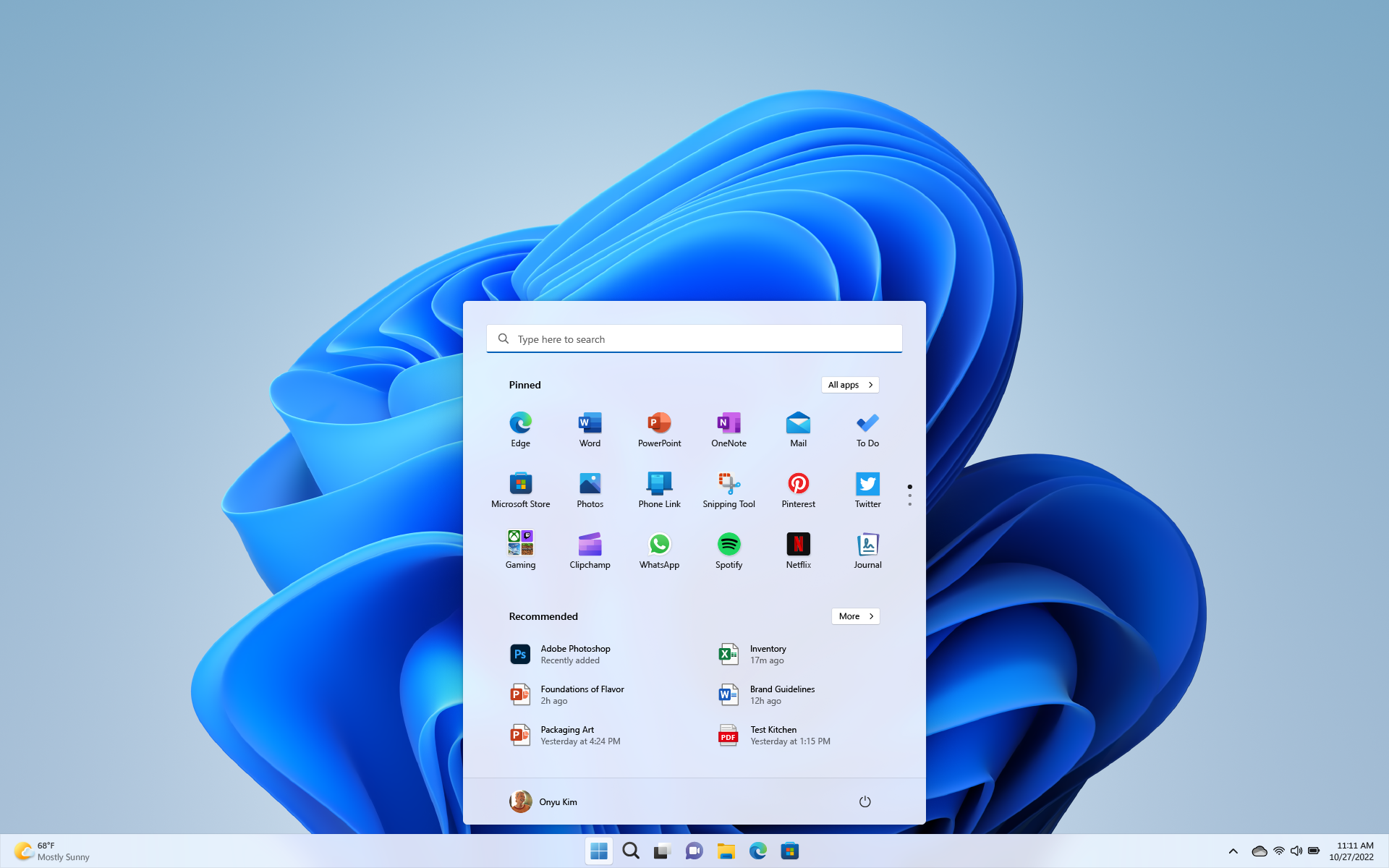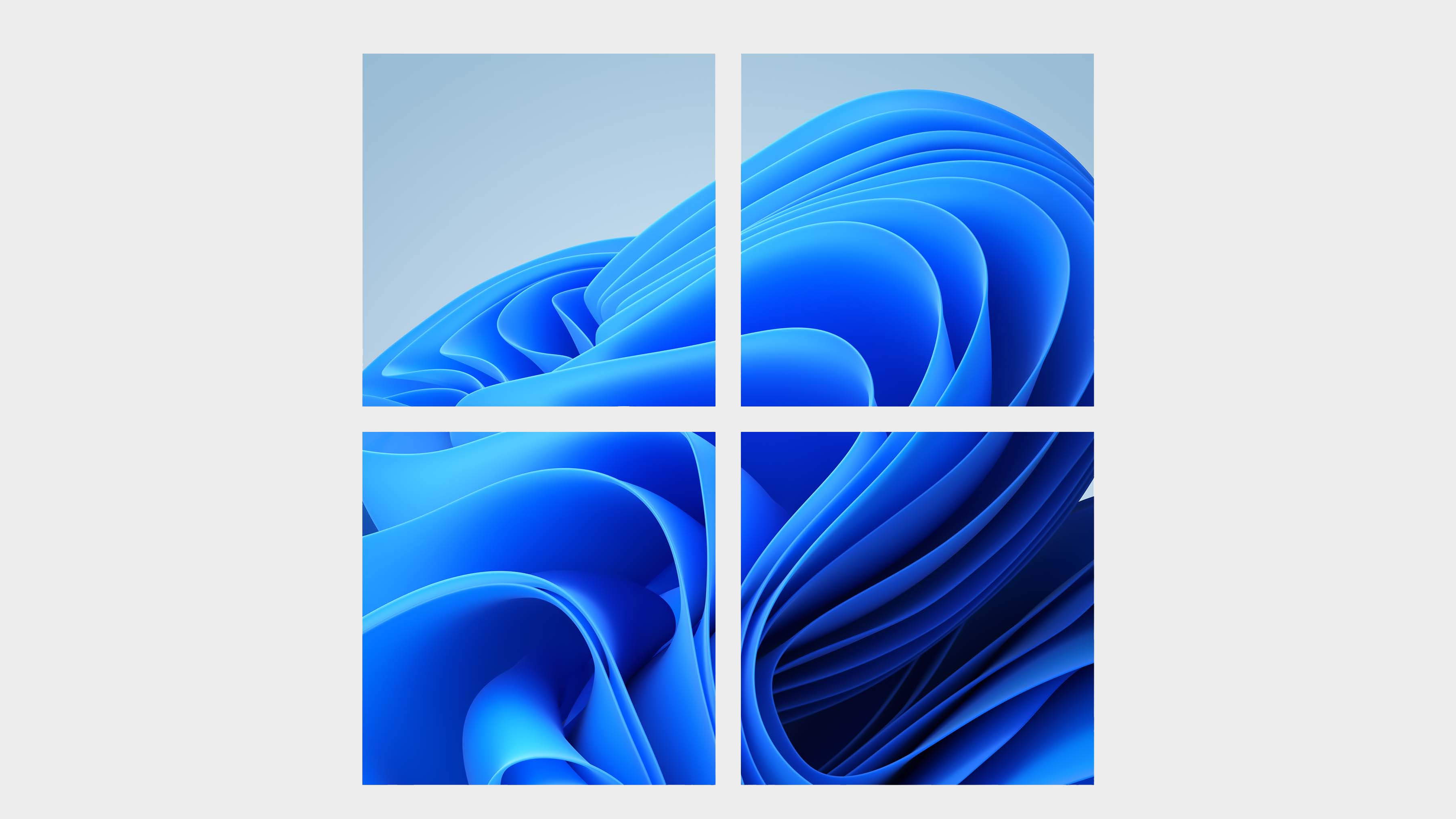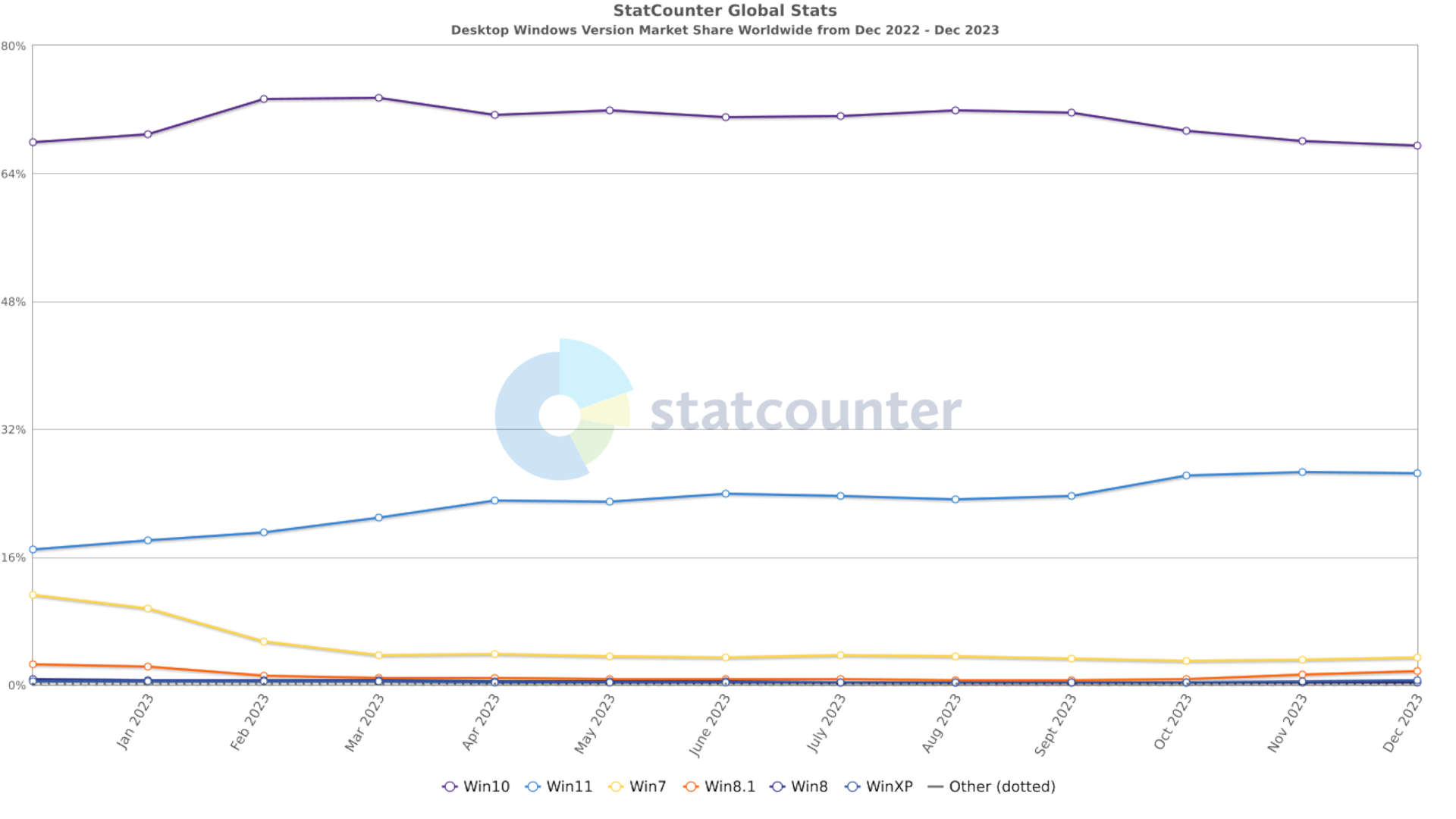A year of constant updates to Windows 11 hasn't done anything to shift people away from Windows 10
Will a potential Windows 12 launch this year fare any better?

Throughout 2023, Microsoft routinely issued updates for Windows 11 each month, fixing security problems, adding new features, and borking a few things along the way. But as the latest figures from Statcounter show, Windows 10 users just weren't interested in the newer operating system whatsoever and it remains the OS of choice for two-thirds of all Windows PCs.
As reported by The Register, Microsoft struggled to significantly improve the uptake of Windows 11 last year. At the start of 2023, its worldwide market share was just 17% and while the final quarter saw that figure rise to 26%, it's still well short of Windows 10's dominance (67%).
Windows 7 was officially retired in 2023, hence why its share went from 11% to 3.4% over the past 12 months. This is probably why Windows 11 gained some ground, as organisations switching from the 14 years old operating system would only be able to buy enterprise licenses for the latest OS.
The strict hardware requirements for Windows 11 did it no favours at all, especially given that they could be easily bypassed, allowing older PCs to run the OS with relatively few issues if you knew how. Sales of new PCs haven't been especially strong in recent years and that's not helped Windows 11's market share, either.
So it will be interesting to see how well the next version of Windows, expected to be launched in Summer 2024, will be received. I should imagine that it will demand the same hardware aspects as Windows 11 and since this was the major sticking point for countless PC owners, Microsoft could well be in for another disappointment.
Windows 10 isn't going to disappear overnight, as Microsoft only stopped selling licenses for it last January. There will be no major updates for the old OS, just critical security patches until the official end of support arrives in October 2025. Even then, you'll probably be able to pay for a few more years of patches, if you really want to stick to that operating system.

Windows 11 review: What we think of the latest OS.
How to install Windows 11: Our guide to a secure install.
Windows 11 TPM requirement: Strict OS security.
In the world of PC gaming, major revisions of DirectX (the API of choice for the majority of games) were tied to new versions of Windows but as there is no sign of Microsoft planning a DirectX 13, there's no big pull for gamers to switch to Windows 11.
Keep up to date with the most important stories and the best deals, as picked by the PC Gamer team.
That will come only when all the big new games are using every feature in DirectX 12 Ultimate, as a minimum hardware requirement. That's unlikely to happen for many years and by that time, Windows 10 will be long retired.
As unpopular as Windows 11 is, there will eventually come a time when you'll have to change to the latest version of Microsoft's OS, but by then you'll need a major hardware upgrade anyway and Win 11 will probably by gone by then, too!

Nick, gaming, and computers all first met in the early 1980s. After leaving university, he became a physics and IT teacher and started writing about tech in the late 1990s. That resulted in him working with MadOnion to write the help files for 3DMark and PCMark. After a short stint working at Beyond3D.com, Nick joined Futuremark (MadOnion rebranded) full-time, as editor-in-chief for its PC gaming section, YouGamers. After the site shutdown, he became an engineering and computing lecturer for many years, but missed the writing bug. Cue four years at TechSpot.com covering everything and anything to do with tech and PCs. He freely admits to being far too obsessed with GPUs and open-world grindy RPGs, but who isn't these days?


